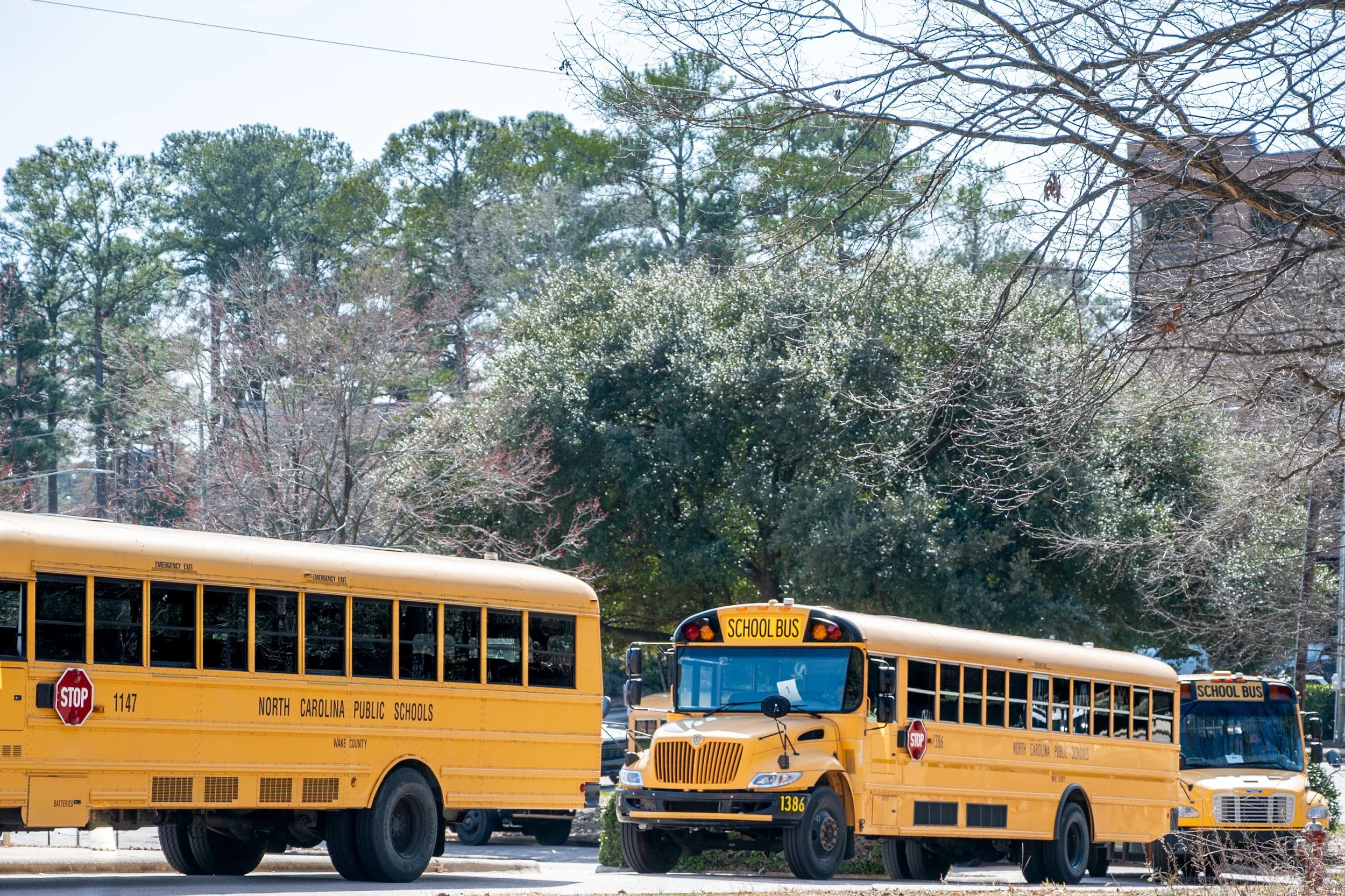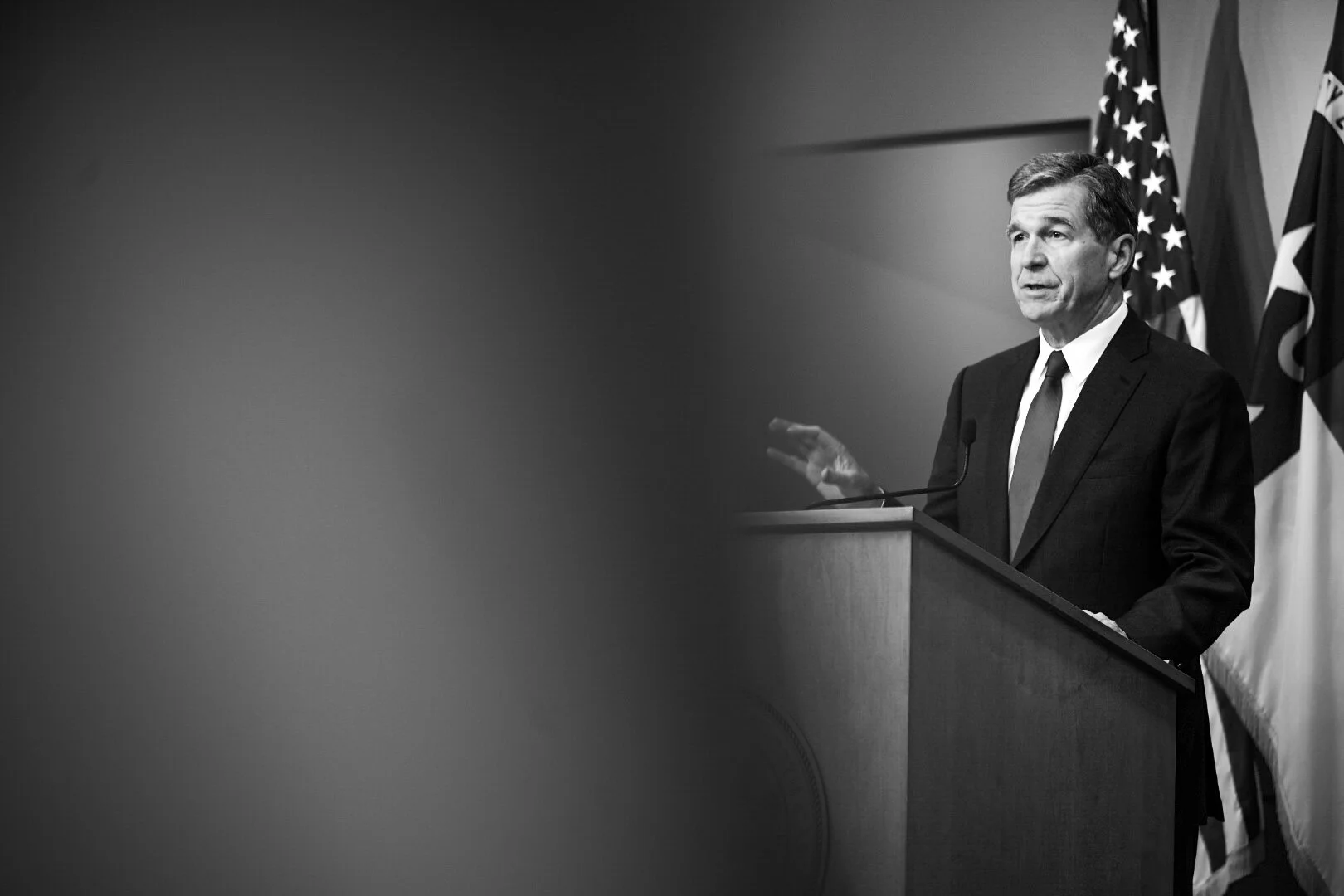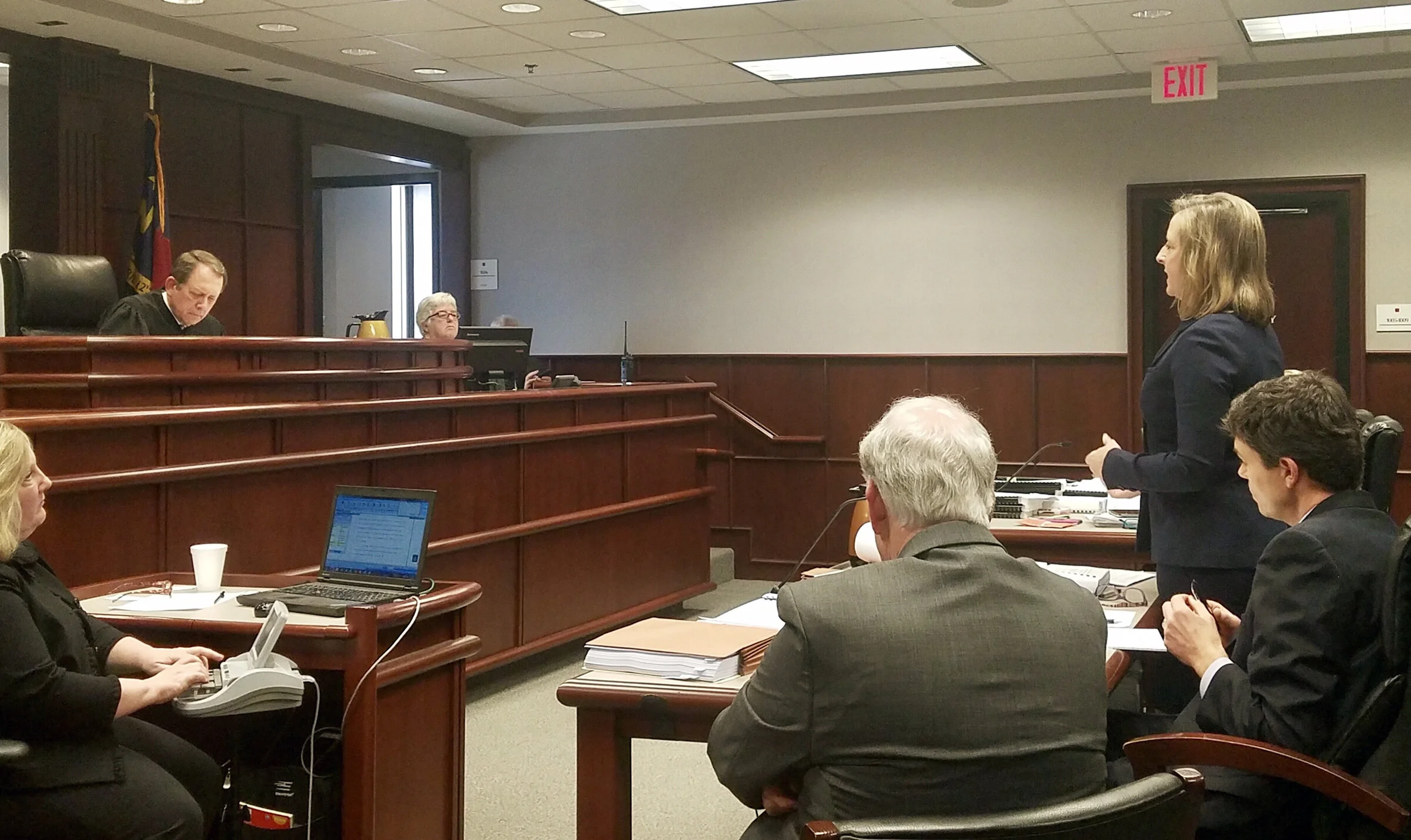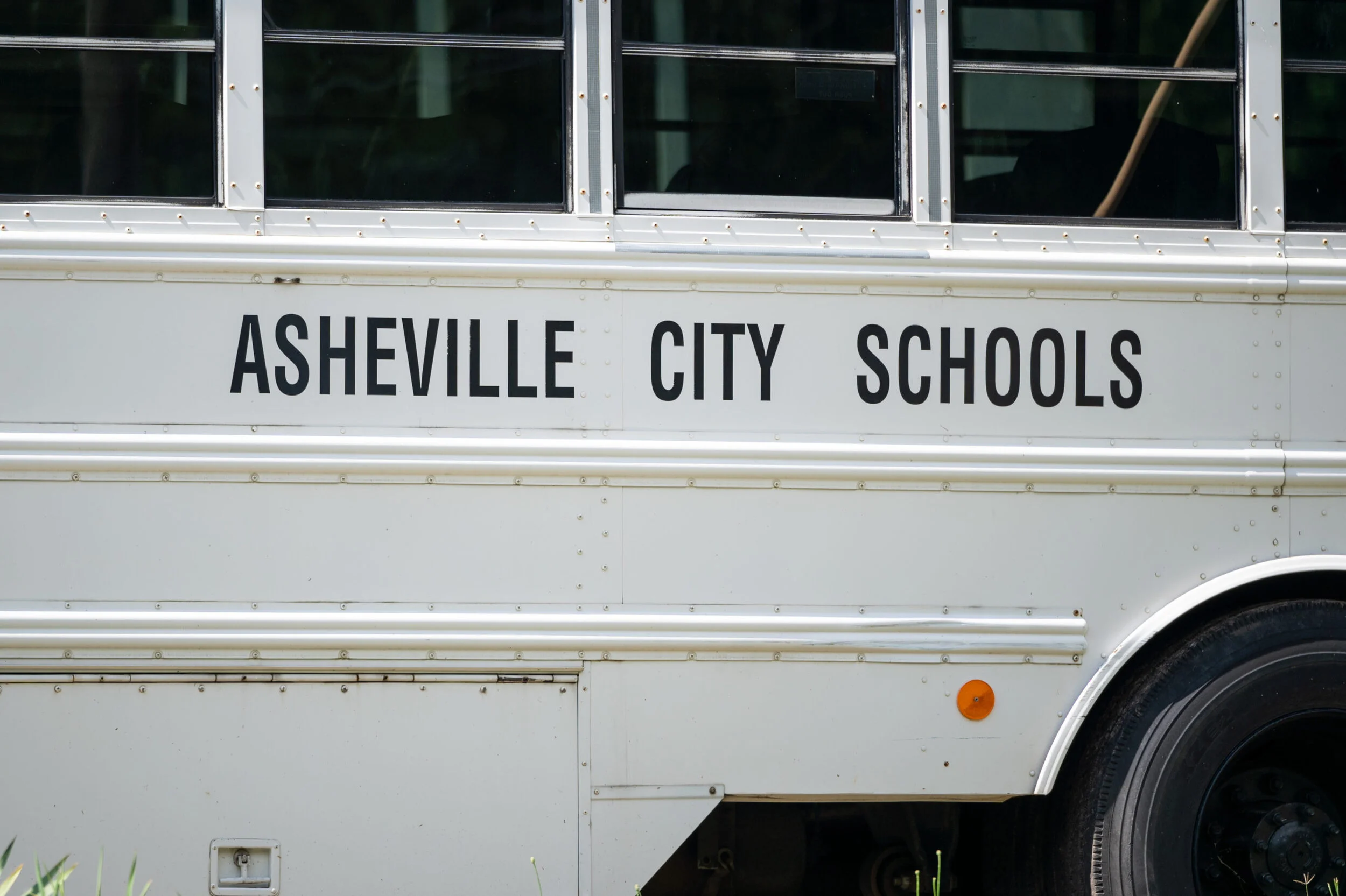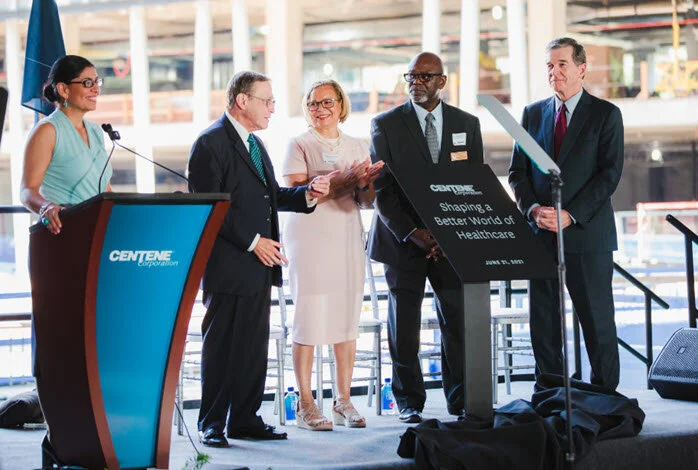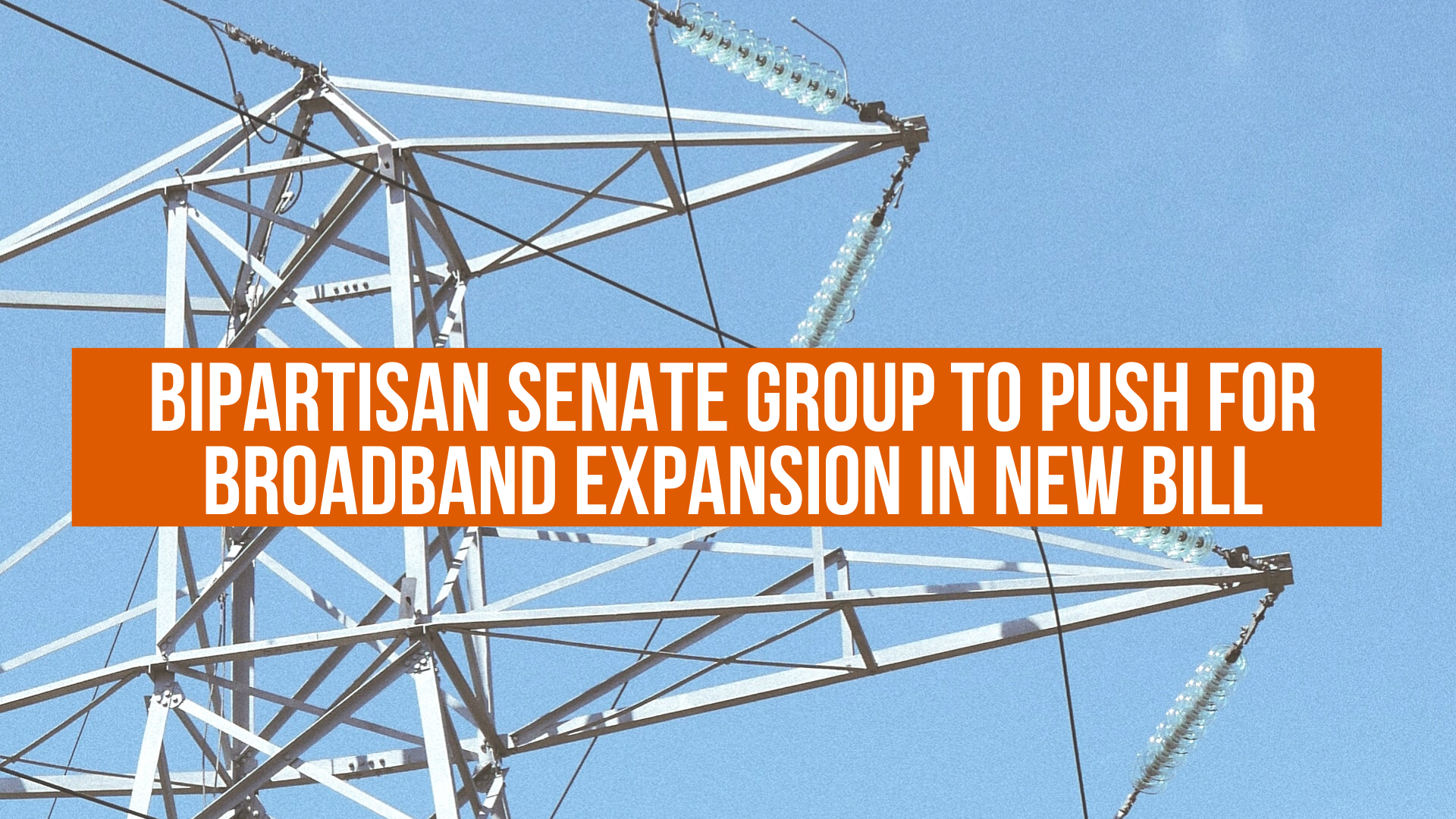Many North Carolinians breathed a sigh of relief last week when the GOP-led legislature and Democratic Gov. Roy Cooper came to terms on a budget for the new biennium. School choice advocates were among them and have plenty to celebrate in the new spending plan.
All tagged John Locke Foundation
On making a column count
In this case, however, my inspiration came not from the realization that something I wrote might deserve to be trashed. I’d already had that realization decades ago after penning one of my first columns, when its subject complained to me that I’d misquoted him, misunderstood his point, and even misspelled his name. Other than that, it seems, the article was decidedly mediocre.
Revenue Department faces courtroom loss in renewable tax credit dispute
The N.C. Department of Revenue faced a legal setback last month in an ongoing fight over renewable energy tax credits. The state's top administrative law judge rejected the department's attempt to deny credits to a renewable energy investor.
OPINION: Cooper’s all in on critical race theory
Even in North Carolina, the rejection of fundamental American principles thunders ahead. The proof? Gov. Roy Cooper vetoed an anti-critical race theory bill on Sept. 10. If one reads the text, it’s hard to imagine political leaders opposing these principles a few years ago. Simply put, the bill works to reinforce the American tenets of equality and our E Pluribus Unum motto.
GOP lawmakers fire back after judge sets arbitrary funding deadline in Leandro
Republican budget writers in the General Assembly are bristling after the judge in the long-running Leandro school funding case set an arbitrary deadline of Oct. 18 for lawmakers to fund the court-ordered plan.
Make licensing reform a priority
According to the most-recent ranking I can find, North Carolina requires state-approved licenses in more occupations (nearly 200) than most other states do. North Carolina licenses twice as many occupations as Virginia does, and three times as many as South Carolina.
Biden’s tumble unnerves Democrats
In a nationwide Reuters/Ipsos poll taken on August 11 and 12, approximately 51% of Americans approved of President Joe Biden’s job performance, while 43% disapproved. Just one week later, the same pollster found a strikingly different result: 46% approval, 49% disapproval.
N.C. school districts have spent just 13% of federal COVID-19 relief, analysis finds
Public school districts in North Carolina have received about $5.3 billion in COVID-related relief from the federal government. But, on average, school leaders have spent just 13% of that money.
Legislative policy experts call to rein in governor’s power
It’s now a time in North Carolina to dismiss policy based on politics and embrace a move toward legislation focusing on common sense, John Locke Foundation legislative experts said in a policy debate forum on Monday.
Sponsors of N.C. sports betting legislation hope for discussions this month
Sports betting legislation hasn’t seen much movement in North Carolina, although sponsors are hopeful to see action in June.
Carolinians remain fiscal conservatives
North Carolinians are closely divided when it comes to party preference. Our state has long been one of America’s key political battlegrounds. But when it comes to managing the state’s finances, the conservatives in charge of the state legislature are in tune with prevailing public sentiment.
Fred Barnes taught me a lesson
I’ve written a regular column for nearly 35 years. It debuted in the Spring Hope Enterprise, a Nash County weekly, in the summer of 1986 and then quickly expanded to dozens of other daily and community papers.
Legislation would ease health care red tape, boost access to care
Legislation introduced in this session of the General Assembly seeks to reduce restrictions created by certificate of need laws, which critics say reduce access to health care and increase costs.
Taxpayer Bill of Rights amendment filed in N.C. Senate
A bill filed in the North Carolina Senate on the traditional April 15 tax deadline day would make tax and spending limits a part of the North Carolina Constitution, if voters approve it in 2022.
Bipartisan Senate group to push for broadband expansion in new bill
A bipartisan group of senators is crafting legislation that would find ways to expand broadband access in North Carolina.
GOP lawmakers move forward bills to "restore trust" in election system
Republican lawmakers are pushing forward two election-reform bills designed to shore up voting integrity following a 2020 general election that included numerous accusations of fraud.
State board approves 3-feet social distancing for return to classrooms
The N.C. State Board of Education has voted unanimously to switch social-distancing requirements under a “Plan A” return to public school classrooms to 3 feet rather than the previous six feet.
House approves amendment to restrict eminent domain amendment
A supermajority of the N.C. House has approved a proposed constitutional amendment to strengthen private property rights against eminent domain land takings. The proposed amendment, House Bill 271, would hit the ballot in 2022. The bill passed the House, 101-17, Thursday, March 25.
Bill would require that absentee ballots be turned in sooner
New legislation filed in the General Assembly would reduce the time voters have to turn in their absentee ballots, making the outcome of elections clearer in a shorter time.
Julie Havlak: Lawmakers slam state officials for lockdowns that left students behind
RALEIGH — More students face repeating a grade than any time in the past century, says David Stegall, deputy superintendent of innovation at the N.C. Department of Public Instruction.
Remote learning is failing North Carolina’s students. Roughly 19% of students aren’t attending classes regularly. State officials predict fewer students would graduate or advance to the next grade.

